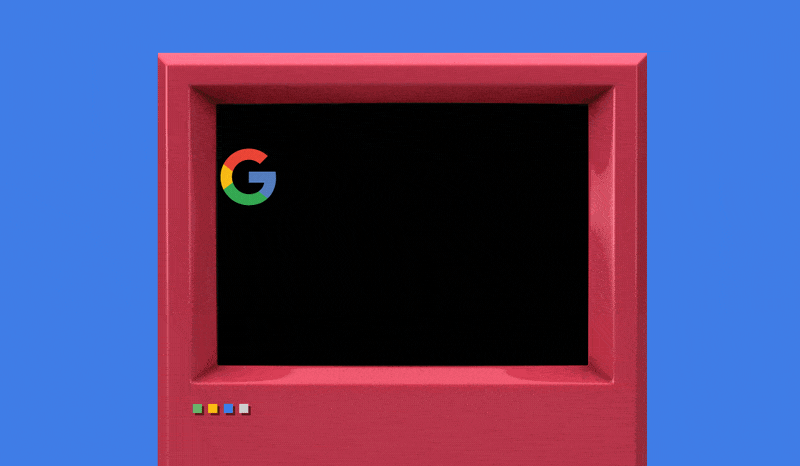Secure your place at the Digiday Media Buying Summit in Nashville, March 2-4
Publishers fear Google’s ‘top-level seller’ status within Privacy Sandbox proposals

As a Digiday+ member, you were able to access this article early through the Digiday+ Story Preview email. See other exclusives or manage your account.This article was provided as an exclusive preview for Digiday+ members, who were able to access it early. Check out the other features included with Digiday+ to help you stay ahead
Publishers’ concerns regarding Privacy Sandbox are well documented; they are apprehensive that the new system could significantly reduce the effectiveness of targeted advertising in Google Chrome. This, in turn, could lead to a substantial dip in ad revenue, a prospect that is causing considerable unease.
Despite such legitimate concerns, that’s kind of the whole point, right? Some of the liberties taken by actors in the online ecosystem have caused outrage among the public and sparked regulatory oversight.
Therefore, Google, with its political air cover, is poised to introduce fundamental changes to the entire ad ecosystem. This move has been widely anticipated, as many have called for alterations to how online advertising works, particularly in relation to user targeting and measurement tracking.
Google’s Privacy Sandbox initiative proposes a set of APIs for players in the ad tech ecosystem to access user information in a limited way that better ensures user privacy in a manner that doesn’t outright decapitate programmatic advertising. That’s the theory, or pitch, at least.
While this initiative is intended to enhance privacy on the web, it has raised several concerns among publishers. These include revenue loss and ceding further control to the internet’s most significant advertising player.
Since targeted ads are more valuable, any reduction in their effectiveness decreases publishers’ ad revenue, particularly those reliant on the open market. Therefore, in its current guise, Privacy Sandbox reinforces the industry’s reliance on Google’s ecosystem, particularly as ad auctions disappear into the ether of the Chrome browser.
At the core of the concerns are control and access to data, with the complexity involved raising concerns around not just transparency but whether the majority of the 44 use cases under discussion within Privacy Sandbox are fit for purpose.
Publishers are concerned the changes will disproportionately benefit large platforms, which have more resources to adapt to and leverage the new advertising mechanisms.
Meanwhile, sources note how Privacy Sandbox puts large-scale publishers (i.e., those without a handle on their first-party data strategies) on a level with the long tail of the internet when it comes to commanding higher CPMs. This is a nice thought for those with notions of egalitarianism, but it is concerning for those with a passion for quality media products.
One source with direct knowledge of the ongoing wranglings surrounding Privacy Sandbox states that Chrome’s proposals essentially propose removing the traditional role of the ad server and supply-side platforms into the browser, which could be construed as self-preferencing.
“How this works today is that the RTB auction runs on page, the winner is then submitted to GAM [Google Ad Manager] as top-level seller,” said the source, who requested anonymity in return for candor.
Now, here comes the kicker, per this school of thought.
The source continued, “GAM then pulls the AdX auction and submits that into the sandbox, which runs a ‘meta-auction’… as it has its own demand, and it runs an auction against AdX demand, the winner of the RTB auction, as well as the Privacy Sandbox demand, and from there, a winner shows.”
While GAM’s status as the ‘top-level seller’ may not be new, parties involved in the crunch negotiations between the wider ad industry and Google are concerned that Privacy Sandbox would “codify it in the code of the [Chrome] browser,” according to separate Digiday sources.
Google, of course, disputes any such claims, albeit sources note that if a publisher opts out of having GAM as their top-level seller, will they lose AdX demand?
Meanwhile, others are concerned that Google will eventually start charging third parties for access to the Privacy Sandbox API. Some are looking at things with a “glass half full” mentality. Such is the lack of preparedness that Criteo — an outfit said to have unparalleled insight into the Privacy Sandbox roadmap — is contemplating an offering that some in the sector (but not Criteo itself) are dubbing “Sandbox as a service.”
In response to these concerns, publishers seek greater clarity from Google, while others appeal to regulators, urging them to pump the brakes as developments elsewhere in the ad tech landscape play out. Such deliberations continue in the working groups of the IAB Tech Lab.
A recent Digiday poll noted that almost half of all respondents believed Google, either of its own volition or at the best of regulators, would punt the full implementation of Privacy Sandbox beyond its current deadline and into 2025. This is a clear sign that most expect ad tech’s long goodbye to cookies (initially penned in for 2022) to continue.
More in Media Buying

Future of TV Briefing: CTV identity matches are usually wrong
This week’s Future of TV Briefing looks at a Truthset study showing the error rate for matches between IP and deterministic IDs like email addresses can exceed 84%.

Canadian indie Salt XC expands its U.S. presence with purchase of Craft & Commerce
Less than a year after buying Nectar First, an AI-driven specialist, Salt XC has expanded its full-service media offerings with the purchase of Craft and Commerce.

Ad Tech Briefing: Publishers are turning to AI-powered mathmen, but can it trump political machinations?
New ad verification and measurement techniques will have to turnover the ‘i just don’t want to get fired’ mindset.










